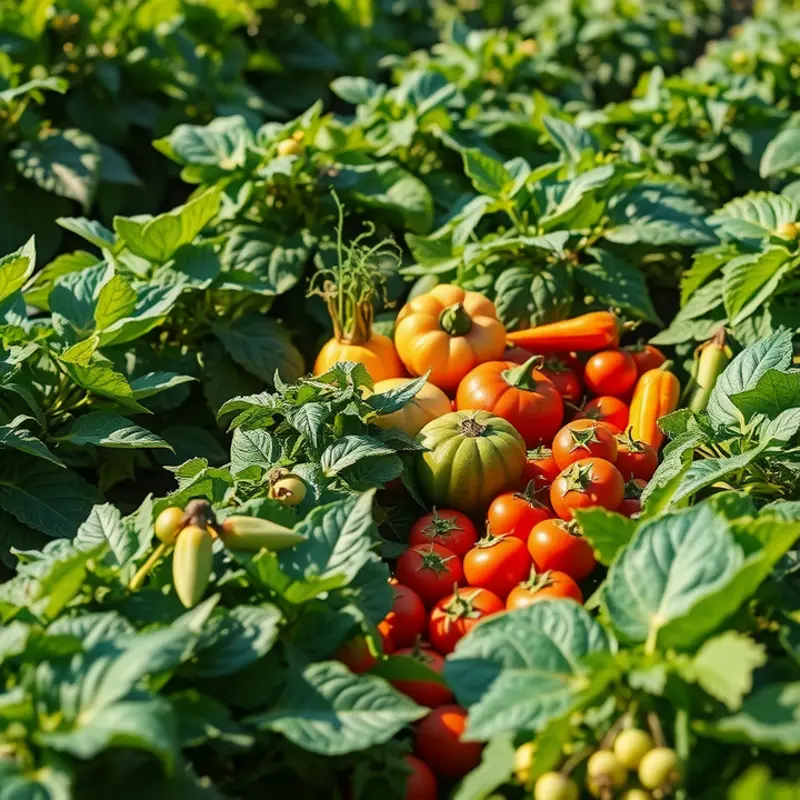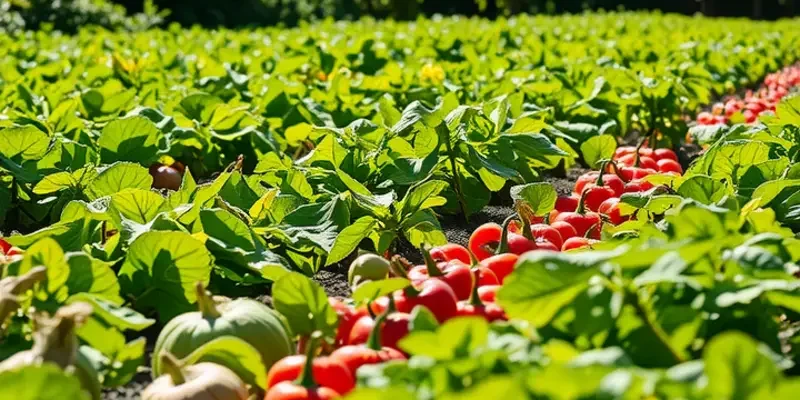Sustainable diet transitions empower individuals to create positive impacts on the environment through mindful food choices. Adopting a more eco-friendly diet is not only beneficial for our planet but also for personal health and wellness. From reducing carbon footprints to fostering biodiversity, every bite counts. This article explores practical ways to embrace sustainable diets, ranging from plant-based alternatives to local sourcing, making it easier for everyone to engage in a greener lifestyle.
Understanding Sustainable Diets: The Benefits and Basics

Sustainable diets represent a way of eating that satisfies nutritional needs while minimizing environmental impact. Defined by the Food and Agriculture Organization of the United Nations, these diets prioritize health, environmental integrity, and economic fairness. A sustainable diet often emphasizes plant-based foods, local sourcing, and reduced food waste, fostering a nutrition system that supports both people and the planet.
The adoption of sustainable diets offers an array of benefits extending beyond personal health. Transitioning to a diet lower in meat and higher in vegetables and legumes can significantly reduce one’s carbon footprint. Livestock farming is a notable contributor to greenhouse gas emissions. By consuming less meat, you can help cut down on methane emissions prevalent in the industry.
Moreover, plant-based diets demand less land and water, which preserves these resources for ecosystems’ sustainability. Local food sourcing further enhances this impact by diminishing transportation emissions. Purchasing local produce also helps invigorate regional economies and encourages agricultural practices that respect local biodiversity.
Embracing a sustainable diet isn’t just about environmental benefits; it also offers substantial health advantages. Dietary patterns rich in vegetables, fruits, whole grains, and legumes are often linked with lower risks of heart disease, stroke, and diabetes. These diets are typically packed with essential vitamins, minerals, and antioxidants, promoting overall well-being.
The path to a sustainable diet begins with incremental changes. Consider integrating more plant-based meals into your weekly menu. If you’re new to this journey, experimenting with easy plant-based eating can be a life-transforming experience. A helpful resource for simple plant-based recipes can be found at this guide.
Another effective strategy involves opting for local and seasonal produce. This habit not only cuts the need for long-distance shipping but also ensures fresher food on your plate. Local farmers’ markets are excellent venues to explore seasonal offerings and engage with growers about their farming practices. Cooking with local ingredients also inspires creativity and can introduce novel flavors to your kitchen.
Maximizing your food’s potential means reducing waste at home. Meal planning, proper storage, and understanding how to use leftovers contribute greatly to sustainable living. Investing a bit of effort into meal prep can save money and decrease the likelihood of food spoilage.
Engaging with sustainable diets is a commitment to nourishing the planet and oneself. These small steps lead to a significant environmental impact when adopted collectively on a larger scale. As we rethink our relationship with food, we foster a future of healthier people and a more resilient planet.
Practical Steps for Transitioning to a Sustainable Diet

Transitioning to a sustainable diet can seem daunting, but practical steps can smooth the journey. A great starting point is meal planning with seasonal produce. Seasonal fruits and vegetables are often more affordable, fresher, and require fewer resources to transport, reducing your carbon footprint. Visit local farmers’ markets or join a community-supported agriculture (CSA) program to access fresh produce while supporting your local economy.
Incorporating more plant-based recipes into your weekly menu can significantly lower your environmental impact. A plant-based diet generally uses less water and land while emitting fewer greenhouse gases. Try introducing one or two meatless days per week and explore vibrant recipes highlighting legumes, grains, and a variety of vegetables. You can find easy and delicious plant-based meal ideas here.
Understanding food labels and making eco-friendly product selections can further enhance your sustainable eating habits. Look for certifications such as organic, fair trade, or sustainably sourced to ensure your choices support a healthier planet and fair labor practices. Pay attention to packaging as well; opting for products with minimal or recyclable packaging can help reduce waste.
Food waste is a significant environmental concern, but simple strategies can help minimize it. Smart storage techniques can extend the life of your food and prevent spoilage. For example, store leafy greens in a damp cloth or mesh bags to retain moisture, and keep herbs fresh by placing their stems in water. Check out these tips for safer food storage here.
Finally, embrace creative cooking to utilize leftovers and less-than-perfect produce. Turn vegetable scraps into broth, use overripe fruits in smoothies or baking, and be inventive with leftovers by transforming them into new dishes. This not only reduces waste but also stretches your grocery budget further.
By gradually incorporating these practices, you can transition to a more sustainable diet, contribute to reducing environmental impact, and enjoy the culinary journey of exploring new flavors and foods.
Final words
Transitioning to a sustainable diet is a journey that empowers individuals to make conscientious food choices while benefiting the environment and personal health. By implementing practical steps such as prioritizing plant-based foods and sourcing local ingredients, you can significantly reduce your ecological footprint. Every small effort contributes to a larger positive impact on our planet. Remember, sustainability in food choices doesn’t require perfection, just progress. Embrace the adventure of nourishing both yourself and the world around you through mindful eating.








